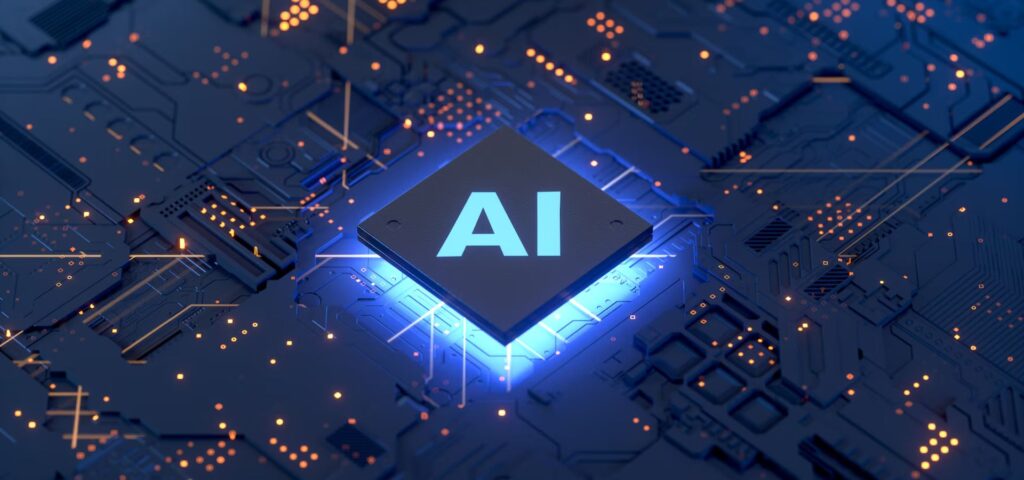Artificial Intelligence (AI) has transformed numerous sectors, from healthcare to finance, and continues to be a topic of interest and debate. As AI technologies advance, understanding their advantages and disadvantages becomes increasingly crucial. This article delves into the various benefits and drawbacks of AI, providing an overview of its implications for society.
Advantages of Artificial Intelligence
1. Increased Efficiency and Productivity
One of the most significant advantages of AI is its ability to enhance efficiency and productivity. AI systems can process vast amounts of data faster than humans, allowing organizations to automate routine tasks and focus on more complex issues. For instance, AI-driven tools in manufacturing can optimize production lines, reducing waste and downtime. This efficiency leads to cost savings and increased output.
2. Improved Accuracy and Precision
AI algorithms excel in accuracy and precision, minimizing the chances of human error. In fields such as healthcare, AI systems analyze medical images and diagnose diseases with remarkable accuracy. For example, AI has been used to detect cancerous cells in radiology images more reliably than human radiologists. This level of precision can lead to earlier detection of diseases and improved patient outcomes.
3. Enhanced Decision-Making
AI enhances decision-making processes by providing data-driven insights. Businesses can leverage AI tools to analyze market trends, customer behavior, and operational efficiencies. These insights help organizations make informed decisions, whether launching a new product, entering a new market, or optimizing supply chains. AI algorithms can also identify patterns in data that may be overlooked by humans, leading to more strategic planning.
4. 24/7 Availability
AI systems can operate continuously without fatigue, providing services around the clock. This is particularly beneficial in industries such as customer service, where AI chatbots can handle inquiries and support requests at any time. This constant availability improves customer satisfaction and allows businesses to respond promptly to user needs.
5. Personalization
AI enables personalized experiences in various domains, including e-commerce, entertainment, and education. By analyzing user behavior and preferences, AI can recommend products, suggest content, or tailor learning experiences. For example, streaming services like Netflix use AI algorithms to suggest movies and shows based on individual viewing history, enhancing user engagement.
6. Handling Complex Problems
AI can tackle complex problems that may be too intricate for human analysis. In fields such as climate modeling and financial forecasting, AI can process vast datasets and generate simulations that help researchers and analysts understand potential outcomes. This capability is invaluable in addressing global challenges like climate change and economic fluctuations.
Disadvantages of Artificial Intelligence
1. Job Displacement
One of the most significant concerns regarding AI is job displacement. As AI systems become more capable, there is a risk that they may replace human jobs, particularly in industries reliant on routine tasks. For instance, automation in manufacturing and the rise of AI-powered customer service chatbots can lead to job losses. While new jobs may be created in AI development and maintenance, the transition can be challenging for workers displaced by technology.
2. High Implementation Costs
Implementing AI technologies can be expensive. Businesses must invest in the necessary infrastructure, software, and training to integrate AI into their operations. For small and medium-sized enterprises, these costs can be prohibitive, creating a digital divide between larger corporations and smaller players. Additionally, ongoing maintenance and updates can add to the financial burden.
3. Lack of Transparency
Many AI systems operate as “black boxes,” meaning their decision-making processes are not easily understandable. This lack of transparency can be problematic, particularly in critical areas like healthcare, finance, and law enforcement. When AI systems make decisions that affect individuals’ lives, it is essential to understand how those decisions were reached. The inability to explain AI outcomes can lead to mistrust and ethical concerns.
4. Bias and Discrimination
AI systems are only as good as the data they are trained on. If the training data contains biases, the AI may perpetuate or even exacerbate these biases in its decision-making. This is particularly concerning in areas like hiring, lending, and law enforcement, where biased algorithms can lead to unfair treatment of individuals based on race, gender, or socioeconomic status. Addressing these biases requires ongoing vigilance and effort in AI development.
5. Security Risks
As AI systems become more integrated into our lives, they also become targets for cyberattacks. Malicious actors can exploit vulnerabilities in AI algorithms to manipulate outcomes or access sensitive information. Ensuring the security of AI systems is critical, but it also adds complexity to their deployment and maintenance.
6. Ethical Concerns
The rise of AI raises numerous ethical questions. For instance, as autonomous systems become more prevalent, determining accountability in the event of an accident or error becomes challenging. Additionally, the potential for surveillance and invasion of privacy with AI technologies raises concerns about individual rights and freedoms.
Conclusion
Artificial Intelligence presents a double-edged sword with its myriad advantages and disadvantages. While it offers significant benefits, such as increased efficiency, improved accuracy, and enhanced decision-making, it also poses challenges like job displacement, bias, and ethical dilemmas. As society continues to navigate the complexities of AI, it is vital to approach its development and implementation thoughtfully and responsibly.
For those looking to harness the power of AI for their own projects, platforms like WebsiteBuilder.ai can assist users in creating their websites using AI, making the process accessible and efficient. Whether you’re a business owner or an individual, leveraging AI tools can significantly enhance your online presence.
